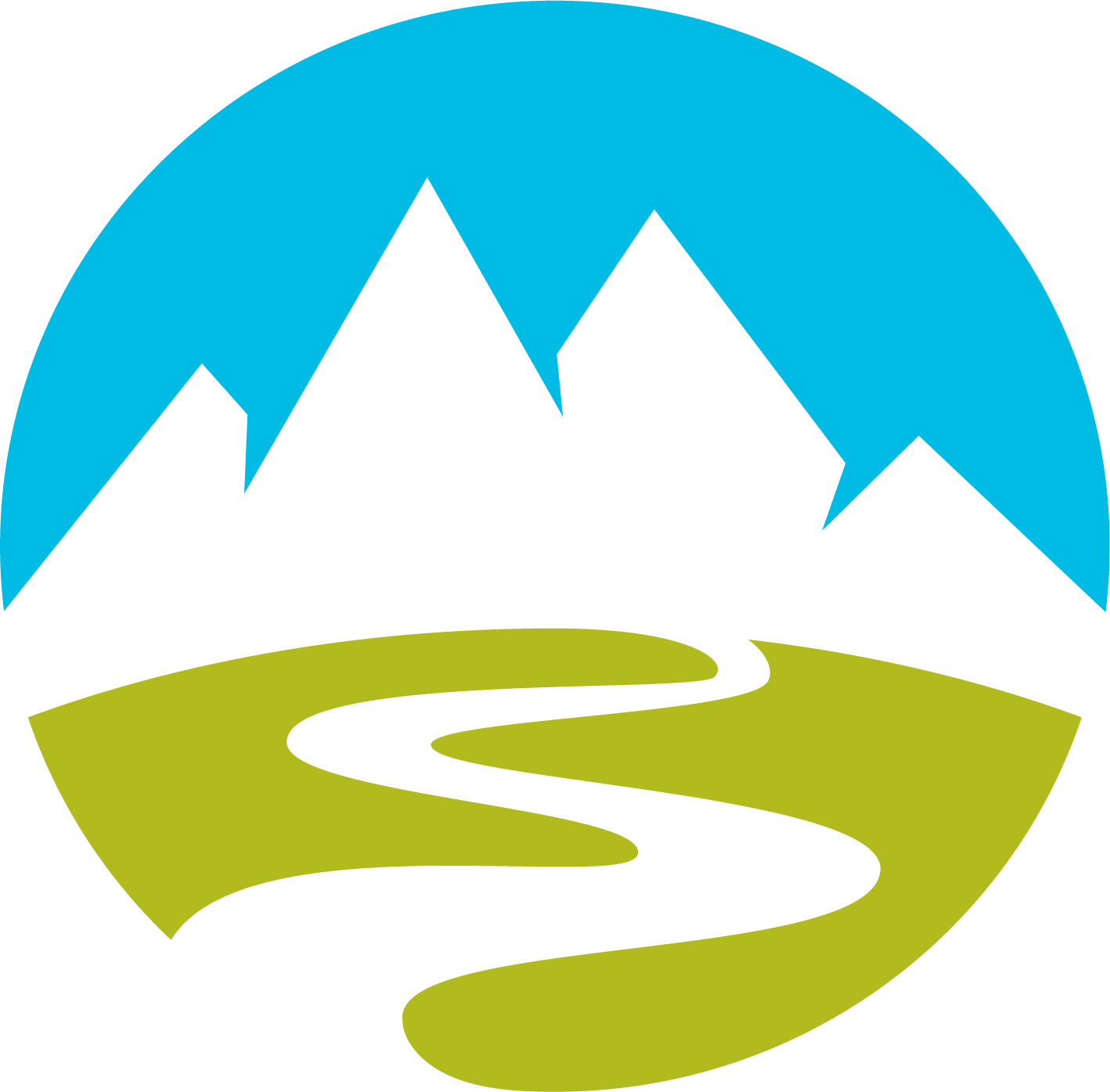Epistemology
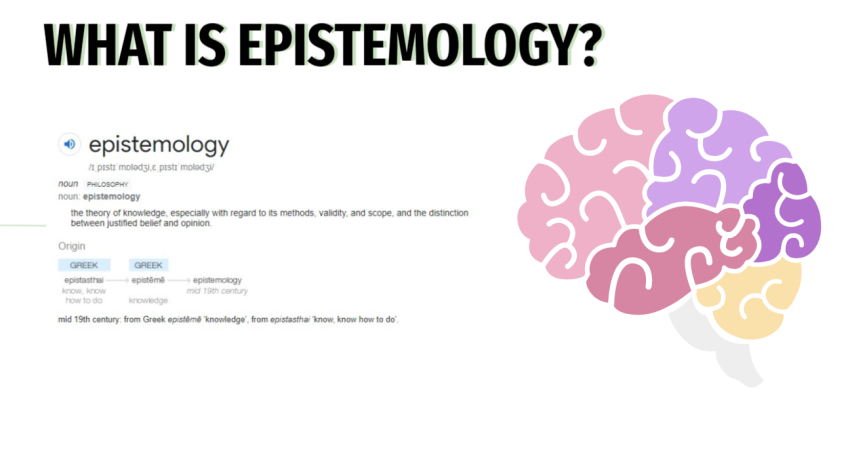
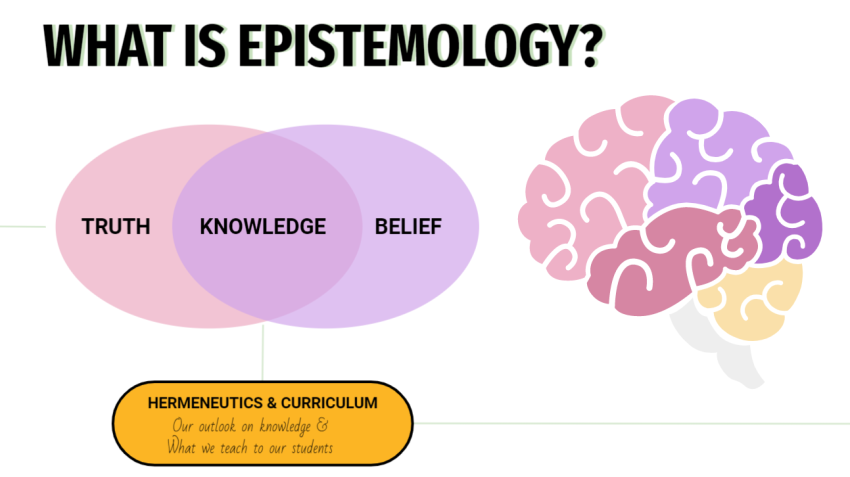
Plato was reported to have defined knowledge as, “justified true belief” - see: https://plato.stanford.edu/entries/knowledge-analysis
Also see: https://en.wikipedia.org/wiki/Gettier_problem
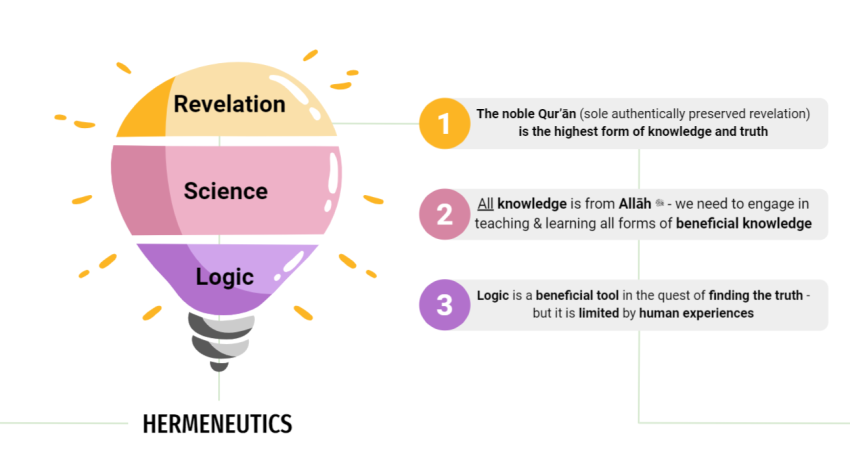
HERMENEUTICS is: “the branch of knowledge that deals with interpretation (especially of revelation or literary texts).”
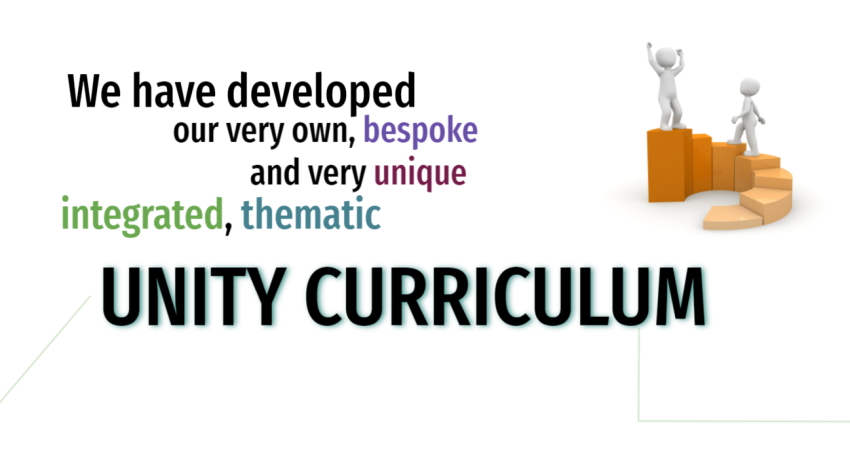
- The main aim, as the title suggested, is to bring students from all over the world and from all backgrounds together under one suggested (unified) curriculum that is deeply rooted in the Islamic ethos of tarbiyah and education.
- Every aspect of the UNITY curriculum have been researched thoroughly for over a decade and an Islamic perspective with regards to ontological, epistemological, axiological & pedagogical elements have been proposed and incorporated in the suggested teaching & learning framework.
- The suggested annual programme of the UNITY curriculum contains 5 six weeks-long thematic modules that are consistent with the our values (see below) and pedagogy (see below).
- In future, the UNITY curriculum plans to cover the entire educational timeframe from the age of 3 to the age of 23 (20 years divided into 5 four-year long key-stages).
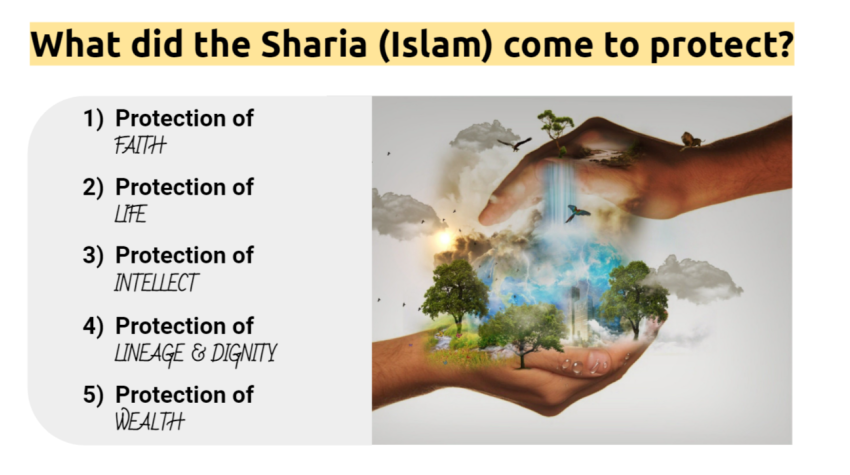
- Its core subjects have been inspired by the well established maqāṣid ash-sharīyʿah (objectives of the Islamic charter)
- Consider this as our alternative (or extension) to the classical “trivium” curriculum that has a particular focus on three core subjects (Grammar, Logic & Rhetoric) and then derived from them the seven “Liberal Arts” subjects as the key to education: http://www.triviumeducation.com
- Further resources on the maqāṣid:
- Short overview (Arabic video): link
- Short overview (English article): link
- Wikipedia: link [EN] and link [AR]
- Critique: link
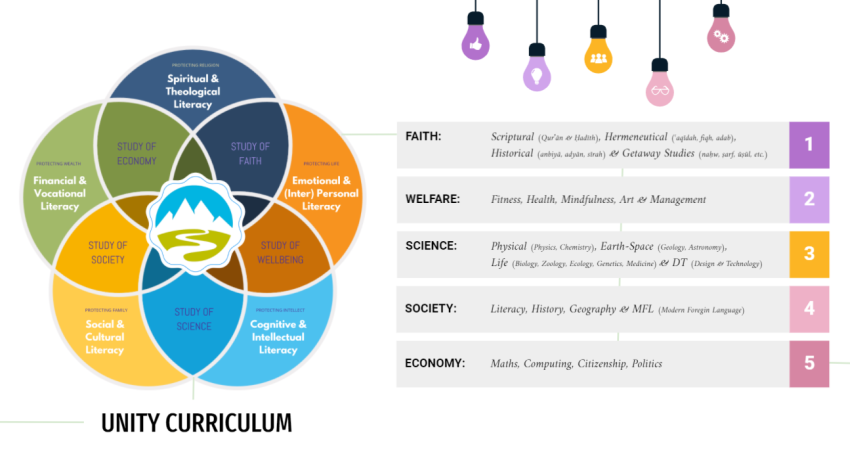
Please note: there is a clear distinction between Islamic Studies (see our tazkiyah syllabus above) and Islamic Education (that includes all beneficial subjects; i.e., entire UNITY curriculum above)
- Our TAZKIYAH (Islamic) studies syllabus contains three core subjects (see above) + one gateway subject (Arabic at primary school level and other foundational studies at higher levels). We have a huge focus on developing the students’ love for all subjects - especially Islamic studies and Arabic. Therefore, we encourage teacher to engage students in projects, storytelling, drama and other creative activities when learning about their faith (see our RUSHD pedagogy model below).
- Our WELLBEING studies syllabus focus on the human being and his/her surroundings. We find many references to wellbeing & ecology in the noble Qur’ān and the authentic Sunnah, e.g., https://quran.com/13/2 as well as https://quran.com/30/41 - and multiple aḥādīth that point to the importance of health and fitness; e.g., https://sunnah.com/tirmidhi:2346 as well as https://sunnah.com/tirmidhi:1700. Thus, we are offering very special PE sessions where our students are exposed to a range of different sports and activities such as; swimming, sailing, ice-skating, athletics, etc.
- Our STEM studies syllabus follows the “Singapore Maths” technique but covers all aspects and targets of the national curriculum of England. We are firm believers that students must know why they learning what they are learning (context). Therefore, we are determined to help our students prepare for the next stage of their lives - wherever that may be (i.e., at an “Islamic” or a mainstream institution). They must have all the necessary tools and literacies (see graph above) to cope successfully with all possible future challenges.
- Our HUMAN studies syllabus has a particular focus on literacy and exploring different perspectives as well as cultures [49:13] both locally and globally (GLOCAL). It is taught with a huge emphasis on student engagement and interactive lessons. Teachers are encouraged to take their students outdoors, design projects and organise at least six annual trips to enforce the teaching and learning process (see our RUSHD pedagogy model below).
- Our VOCATIONAL studies syllabus gives our students the chance to explore talents and skills outside what is commonly referred to as the “core subjects” (i.e., English, mathematics, and science). Students have the chance to get “their hands dirty” in a range of activities which include art, design & technology, cooking, stitching, calligraphy, etc. all whilst also learning about economy and how to “manage” their lives. It is the combination between the “fine and gross motor skills” that make our UNITY curriculum truly wholesome.
- All syllabus aspects (above) can be taught individually (i.e., separately from each other) as a standalone syllabus. However, we prefer the integrated, thematic cross-curricular approach. You can find more information on that as well as our child-centred (problem based) RUSHD model of pedagogy below (pedagogy section).
- Please note: we regard the above UNITY curriculum as a standard “common curriculum” that is appealing to a broad audience (approximately ~97% of all students). However, we acknowledge the importance of a specialised syllabus to nurture talents in a variety of different (beneficial) subjects. These can be introduced within the “common curriculum” and then reinforced in specialised (topical) sessions/days/weeks as well as in separate, extra-curricular activities (i.e., before and after the common school hours). We don’t know what particular skills students of today may need tomorrow. Thus, to become more dynamic, students should be exposed to a broad (common) curriculum to develop valuable perspectives on a range of different topics before choosing their “specialised” area which they want to develop further. This will help them to “adapt” to future challenges even in areas that they may not have had the opportunity to develop during their formal education. We are running a range of different clubs besides our core curriculum that are open to Apex students as well as the wider public (in the near future).

